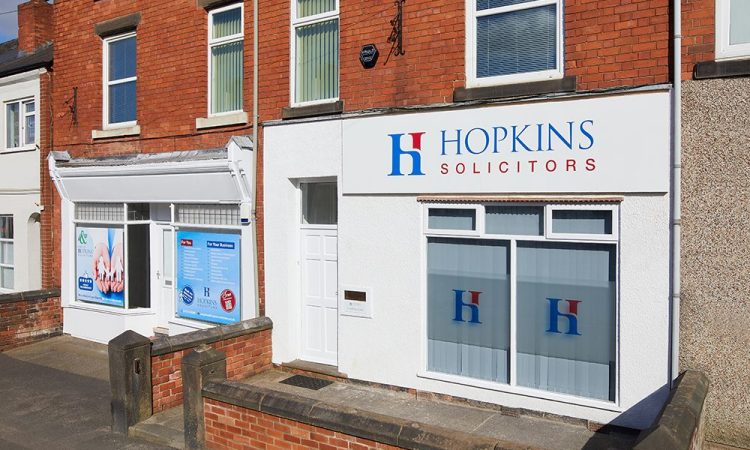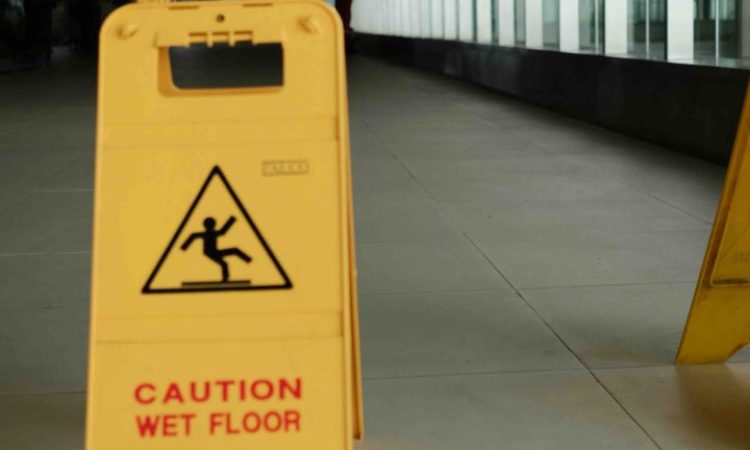
Five common mistakes tenants make when entering into a commercial lease
Entering into a commercial lease is a significant decision for any business. Whether you’re a startup looking for your first office space or an established company looking to expand, understanding your commercial lease is vital.
Many tenants can overlook important details, leading to costly mistakes. At Hopkins Solicitors, we regularly assist clients in navigating the complexities of commercial leases, and we’ve identified the five common mistakes tenants make when entering into a commercial lease.
Failing to Negotiate Lease Terms
One of the most common mistakes tenants make is assuming that the lease terms are set in stone. Many landlords present a standard lease, but that doesn’t mean you can’t negotiate better terms to suit your business needs. Critical areas like rent reviews, break clauses, and maintenance responsibilities can often be adjusted through negotiation. Failing to engage in this process may leave you tied to unfavourable or onerous terms for years.
Always consult an experienced surveyor before agreeing to a lease to ensure you’re not missing an opportunity to negotiate better terms.
Not Understanding Repair Obligations
Repair obligations are often a source of misunderstanding for tenants, especially in “Full Repairing and Insuring” (FRI) leases. Many tenants assume that they are only responsible for internal repairs, but in many cases, the lease may require them to cover substantial repairs to the entire building, including the structure and roof.
Understanding the extent of your repair obligations and ensuring this is clearly reflected in the lease is essential to avoid unexpected costs or lengthy disputes with the landlord. There are ways to limit your liability for pre-existing issues to prevent unnecessary costs at the end of your lease.
Failing to Review the Lease Thoroughly
Commercial leases are complex, and many tenants sign without fully understanding the terms.
It is strongly advised that you have a commercial property lawyer review, advise and negotiate the terms of the lease. Key areas that often require attention include rent reviews, break clauses, service charges, and repair responsibilities.
Agreeing to exclude the lease from “security of tenure” under the Landlord and Tenant Act 1954
“Security of Tenure” under the Landlord and Tenant Act 1954 provides tenants with the automatic right to renew their lease at the end of the lease term, providing they meet certain conditions. The tenant can only be evicted if the landlord proves one of the limited statutory grounds for termination under the 1954 Act.
Many tenants agree to exclude their lease from Security of Tenure without knowing or considering the implications of this. Agreeing to do this could create an artificial negotiating table in favour of the landlord for any renewal lease or mean that you have no right to a new lease at the end of your lease term and you could be required to vacate the property. If location is important to your business, this could be disastrous.
Failing to Seek Legal Advice
Entering into a commercial lease is a major commitment, and legal jargon can be difficult to understand and easily misinterpreted.
Always seek advice from a commercial property lawyer with experience in commercial property law to ensure you fully understand your rights and obligations.
In addition, depending on the term of your lease and the level of rent, you may be liable for Stamp Duty Land Tax and there could be Land Registry requirements.
Conclusion
Entering into a commercial lease is a complex process with significant financial implications. To avoid costly mistakes, it’s essential to thoroughly review the lease, negotiate key terms, and seek professional advice.
Here at Hopkins Solicitors, we can guide you through the process, ensuring your lease protects your best interests. If you’re considering entering into a commercial lease, contact us today for expert legal advice.
Request a CallbackRelated Articles
-

Putting Our Clients First: Personal Injury Support You Can Trust
At Hopkins Solicitors, we understand that being injured, whether at work, in a public place, or on someone else’s property,…
-

When Real Life Goes Wrong at Work
Staying Safe and Getting Justice Accidents at work remain a pressing legal and social issue in the UK. Despite decades…
-

Accidents at Work Your Right to Claim Compensation
Accidents at work happen far more often than many people realise. Every year, thousands of employees across the UK are…